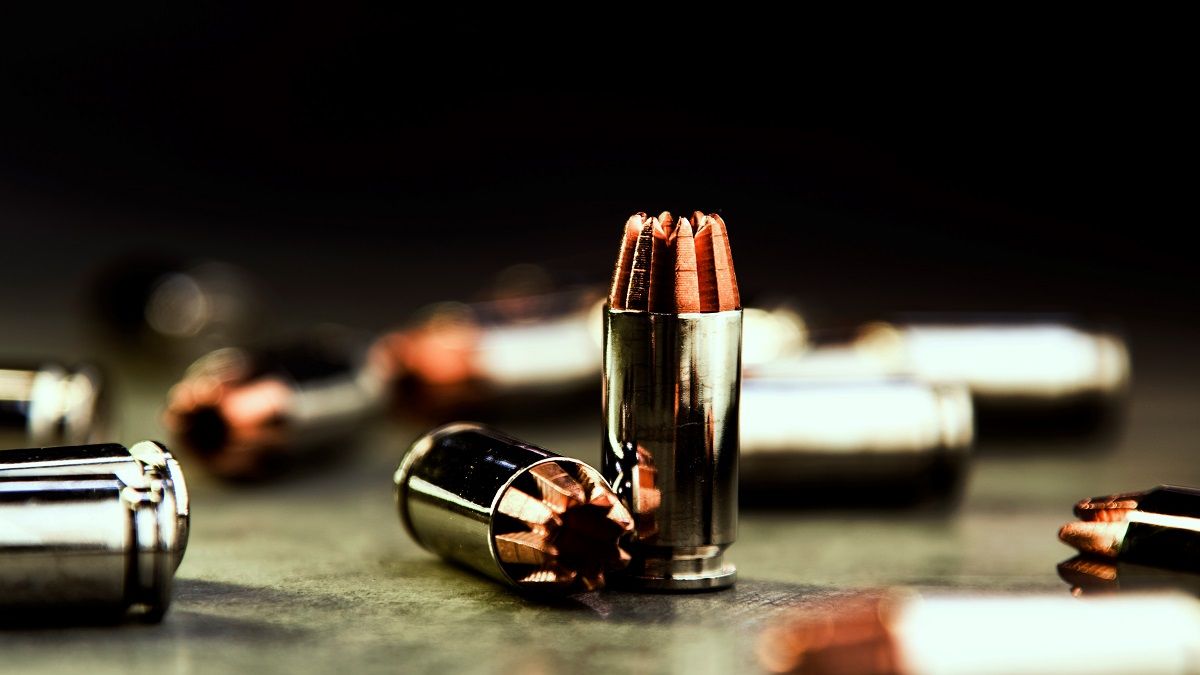High Grade Ammunition Overview: Competition vs Self-Defense
When it comes time to select ammunition for your firearm, there are many factors to consider. Not all ammunition is created equal, and your purpose will largely determine what selection you pursue.

When it comes time to select ammunition for your firearm, there are many factors to consider. Not all ammunition is created equal, and your purpose will largely determine what selection you choose.
Two common ammunition uses that require higher grade ammunition is self-defense and competition. Since competitions are associated with performance, and so is protecting your life, many people often confuse competition for self-defense ammunition and vice versa. However, this is a mistake, as the two different types of ammo serve completely different purposes.
Not sure which is right for you? Don’t worry, we’ll walk you through the differences…
Self-Defense Ammo
The importance of choosing good self-defense ammo should not be underestimated. A failure to do so could literally be the difference between life and death. Therefore, we always recommend using quality self-defense ammunition that you’ve tested in your firearm.
There are some key elements to consider when deciding what self-defense ammo you want to carry.
Brand: Choosing a reputable manufacturer is essential when selecting your ammunition. Remember, your life may rely on this ammo, this is not the time to experiment with unknown brands or brands of questionable integrity and quality control. That said, there are good smaller brands out there that make exceptional self-defense ammunition, so it is best to do your research.
Bullet Type: With very few exceptions, you’ll want ammunition that either expands or tumbles on impact for your self-defense rounds. That is because these types of bullets create larger wound cavities and stop inside of your adversary instead of passing straight through with little damage. Standard full metal jacket rounds simply do not create a large enough wound to be considered for self-defense purposes. However if you are looking to protect yourself from dangerous game such as grizzly bear, then you do want ammunition that penetrates and doesn’t expand. The type of risk you are facing will drive bullet selection.
Bullet Weight: Determining the correct bullet weight is not as straightforward as the other factors that come into play when selecting a self defense round. The proper bullet weight can depend on your barrel length and rifling. Some guns just perform better with certain weights based on their gas and recoil systems. It is good to try out different bullet weights to see if your particular gun has a preference. Generally speaking, the lighter the round, the flatter the trajectory and the greater its velocity. Heavier rounds are slower but will have more mass behind them and may be able to punch through barriers better than lighter bullets.
Casing: Brass, steel, aluminum, and nickel coated brass are all options. Nickel coated brass tends to be the preferred option for self-defense ammo because it holds up well to finger oils without tarnishing and will stay “slicker” longer for more reliable feeding. Brass is the tried and true option. Aluminum and steel tend to be sub-optimal for self-defense rounds. Steel cased ammo in particular can have potential feeding or extracting issues because of the rough case surface.
Reliability: You’ll want to make sure that whatever self defense ammunition you choose functions 100% of the time in the firearm you are planning to carry. There are just certain bullet shapes that don’t work well in certain firearms and it is good to find that out before you need it in a life or death situation!
Competition Ammo
While competition ammunition may vary a little bit depending on the type of competition, there are some general rules that hold fast when selecting the proper ammunition. While there are some similarities between competition and self-defense round selection, there are also many differences.
Let’s look at some of the key factors for competition ammo.
Brand: Much like self-defense ammo, choosing a reputable manufacturer is essential when selecting your ammunition. You are going for consistency here. However, because this is not a life and death scenario you can feel free to do more experimentation here.
Bullet Type: In contrast to self-defense ammunition, fully jacketed rounds are the standard for competition ammo. The reason for this is that there is no need to create a wound cavity. There are some caveats to this guideline however. For match grade rifle ammunition a boat tailed hollow point is common. But this type of hollow point is different from that found in a pistol cartridge and is not designed to expand on impact. It is designed so the base of the bullet is fully covered and less disruptive in flight. Another exception is a non-expanding competition hollow point like the Hornady Action Pistol (HAP) round which is a hollow point pistol round without the grooves that help it mushroom on impact. The hollow point round makes a clean circular cut in the paper that makes scoring targets easier.
Bullet Weight: In many cases, heavier is better for competition ammunition since shooters will rely on the weight of the bullet to knock down steel targets. There are, as usual, some exceptions such as pistol caliber carbines that need a lighter bullet weight to reach higher velocities and reliably cycle the rifle. Again, just like for self-defense, the bullet weight can affect accuracy for certain guns, so it is good to test and compare.
Casing: When it comes to competition ammunition brass rounds are the most common. You might find nickel plated in some higher end rounds but it is uncommon. Aluminum on the other hand has come a long way and while not generally found in competition ammunition, can be just as reliable as brass. It just depends on your firearm. Most, if not all, competition shooters forgo steel case rounds due to lack of reliability.
Summary
While some elements are similar, such as shooting a reliable brand and casing type (nickel plated and brass), competition shooters are shooting under completely different circumstances that require a different focus on ammunition than self defense scenarios do. This is exemplified best in the bullet type. Self-defense rounds need to mushroom or tumble on impact while competition rounds just need to punch holes in paper or knock down a steel plate. Once you have found a bullet weight that your gun likes, let the purpose drive the type of bullet you choose.
Want to make it even simpler? Just sign up for AmmoSquared where we send ammo that matches your needs - automatically. No need to worry about whether a particular box of ammo is good for this purpose or that purpose because we do it for you. Our experienced staff seeks out quality brands (even some you might not see in stores) that matches your caliber and pre-selected purpose so you get a variety of ammo every time you receive a shipment from us. It couldn’t be easier.
